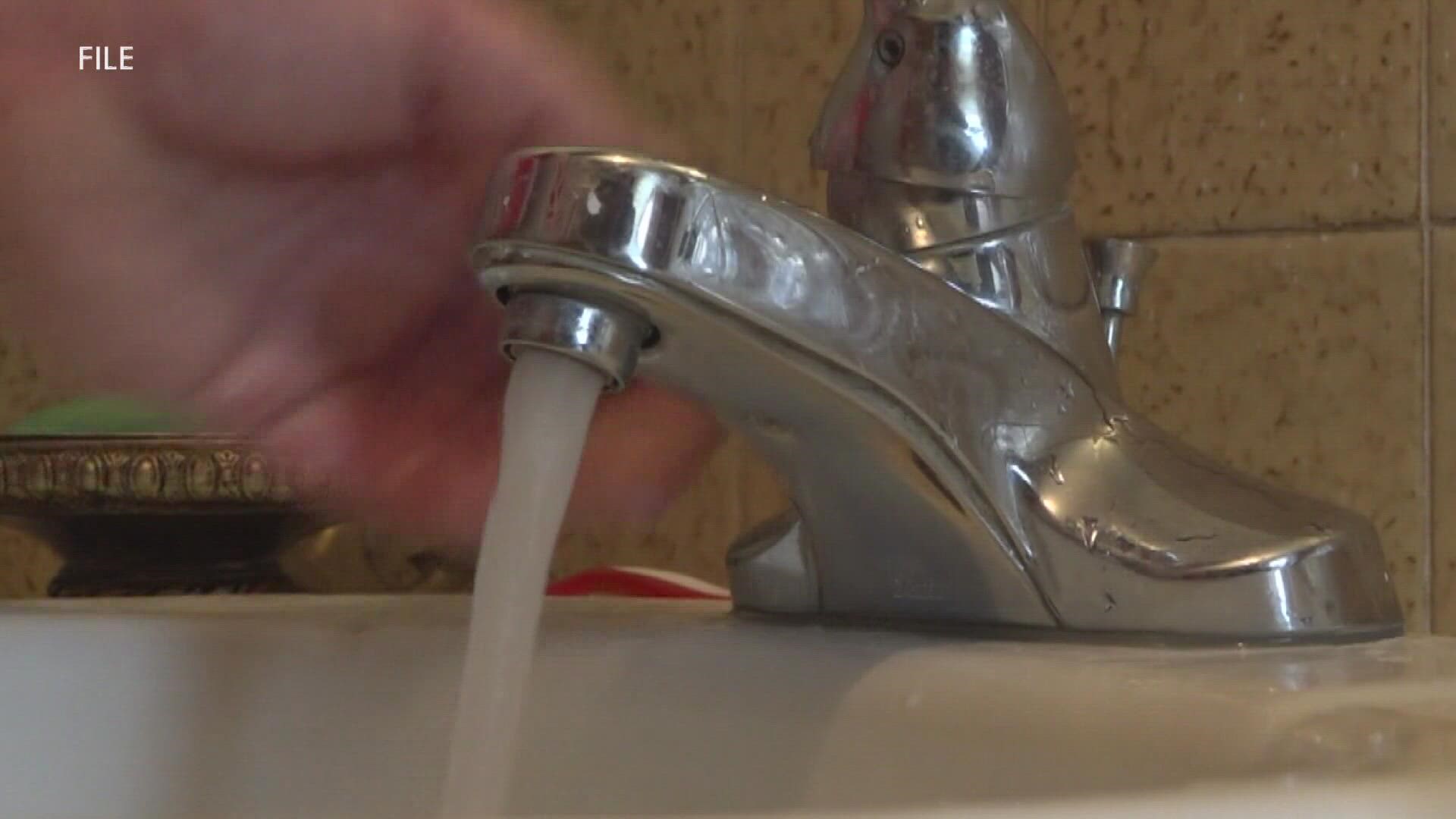GRAND RAPIDS, Mich. — Road salt is a crucial tool for us who live here in West Michigan to combat the snow and ice during the winter months. At the same time, it has negative impacts on our environment.
A Michigan State University research study shows salt levels in Lake Michigan are rising, and the salt is posing a threat to those who use water wells.
The study used data collected in 2018 from more than 200 locations. Researchers discovered that road salt and other salt sources created by humans are increasing Lake Michigan's saltiness.
However, researchers say overall the salt levels are relatively low in Lake Michigan, but they are very concerned about local streams and waterways. They say research shows people who get their drinking water from private wells are seeing the greatest impacts from the overuse of salt.
"Lake Michigan salt content is quite low," said Anthony Kendall, a research assistant professor at Michigan State University. "So, the water supply for the city of Grand Rapids and so forth are generally accessing pretty low salt waters."
Kendall added, "Where we would have more of a concern would be from the countless number of people in Michigan and around the Lake Michigan basin that get their water directly from groundwater supplies, through private drinking water wells.
Michigan has more private drinking water wells than any other state in the United States, according to Kendall. He said with each well having its source for drinking water; they could become contaminated if salt from nearby roadways gets into the drinking water well.
So what can be done? Kendall said we should all do our part by reducing our use of salt. He said to use less salt when cleaning driveways and sidewalks. Additionally, road commissions across the state are using liquid brines to cut their salt usage.
►Make it easy to keep up to date with more stories like this. Download the 13 ON YOUR SIDE app now.
Have a news tip? Email news@13onyourside.com, visit our Facebook page or Twitter. Subscribe to our YouTube channel.

